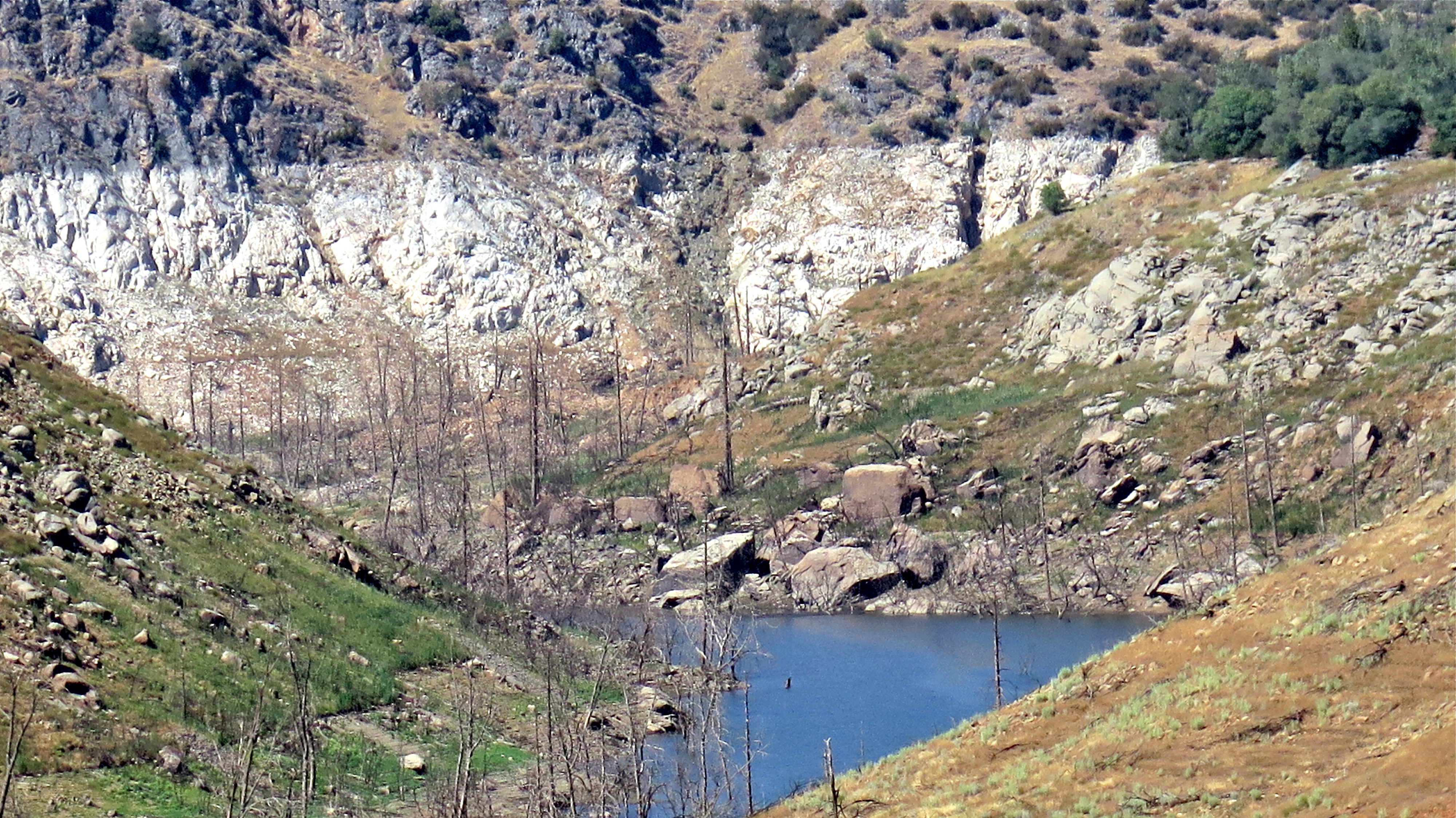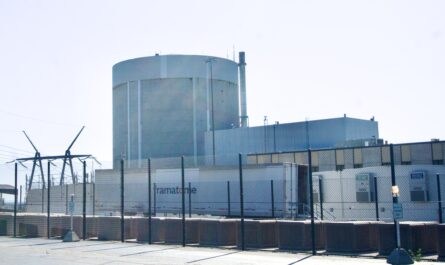
Well, now the Senate is getting into the act, at last. Bolstered by new opinion polls and driven by a monstrous blowout that is closing Gulf Coast beaches at the height of the travel season, Democratic leaders stirred into action this week to develop and pass comprehensive climate and energy legislation.
They’re following, of course, the president’s lead. On Wednesday President Obama concluded an all hands cabinet meeting at the White House by publicly declaring again his resolve to develop a “new energy strategy that the American people desperately want.” The next day Democratic Senators caucused, apparently with considerable enthusiasm, to discuss the outlines of a comprehensive proposal to introduce and pass before the August recess.
According to news accounts, Democrats will prepare a bill that includes limits on carbon emissions, as well as new measures to advance clean energy development and more strictly manage deep water drilling. During a news conference Senate Majority Leader Harry Reid described the meeting’s outcome this way: “A number of senators said this was the best caucus they’ve ever attended. It was really very, very powerful. It was inspirational, quite frankly.”
With the president and Senate Democrats motivated in a way they haven’t been before, could this be the season of energy policy making that has eluded presidents and Congress for 40 years? Maybe. The gears of legislative action have swung into motion and there is the scent of inevitability in the air, which is what big bills need to get approved.
There’s also the Republicans, who were wounded last week by Texas Representative Joe Barton’s apology to the BP chief executive. But they aren’t dead. They’ll revert to form and attack limits on carbon emissions and clean energy development as a government overreach that raises costs.
BP Disaster’s Aftermath
The Democrats and environmentalists should have a ready answer to both. Here’s why.
The April 20 Deepwater Horizon explosion that killed 11 workers and the helplessness of the government and BP in controlling the blowout has reacquainted Americans with the colossal hazards of a nation so devoted to a single fuel. The BP Gulf disaster is more evidence of what candidate Obama described on the day he announced his campaign for president as the “tyranny of oil.” It is the latest body blow – the others include 9/11, Katrina, and the Great Recession – that stem from a common source: the nation’s fruitless 40-year struggle to take efficiency seriously and to develop cleaner domestic sources of energy.
Republicans frame their critique strictly around prices and Government action. But how much higher do the actual costs — erratic fuel prices, climate effects, national security risks, lost jobs, depleted savings, diminished home values, and the sense of a crumbling way of life — need to go before the country responds? Maybe we’ve arrived at that place where costs of doing nothing and the benefits of pursuing a new development strategy around cleaner sources of energy have tipped far enough to merit a big policy response.
Democrats are fortified by the results of public opinion polls that find strong support for a new energy and climate policy. One of the most significant was a survey of 1,000 people released this week by the Wall Street Journal and NBC News. It found that by a margin of 63 percent to 31 percent, Americans favor comprehensive energy and carbon reduction legislation. The survey’s findings were consistent with a burst of other national poll results in recent weeks, which also found that public support for new offshore exploration has steadily declined since the start of the BP disaster 67 days ago.
The Oil Judge
The energy industry and its allies in government will not give up easily, we also saw this week. U.S. District Judge Martin Feldman, who sits on the Louisiana federal bench, this week struck down the six-month ban on deepwater oil drilling that the Obama administration established late last month. Federal disclosure reports showed Judge Feldman invested heavily in oil industry assets, including holding and recently selling stock in Transocean, the company that owned and operated the Deepwater Horizon under contract to BP.
Back in Washington, the outlines of the Senate proposal are taking shape. Senator Reid said this in a statement: “There is clear agreement on the need to move forward this summer on comprehensive clean energy legislation. Whatever form that takes, we agree: it must deal with the catastrophe in the Gulf; it must create millions of jobs; it must cut pollution; and it must strengthen our economic security, our national security and our energy independence.”
On Tuesday, a bipartisan group of senators meet with the president about energy legislation, which could be introduced next month.
— Keith Schneider

